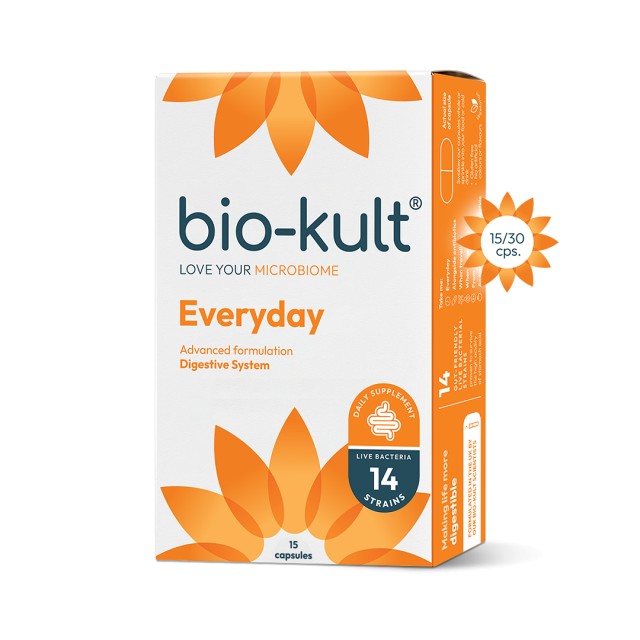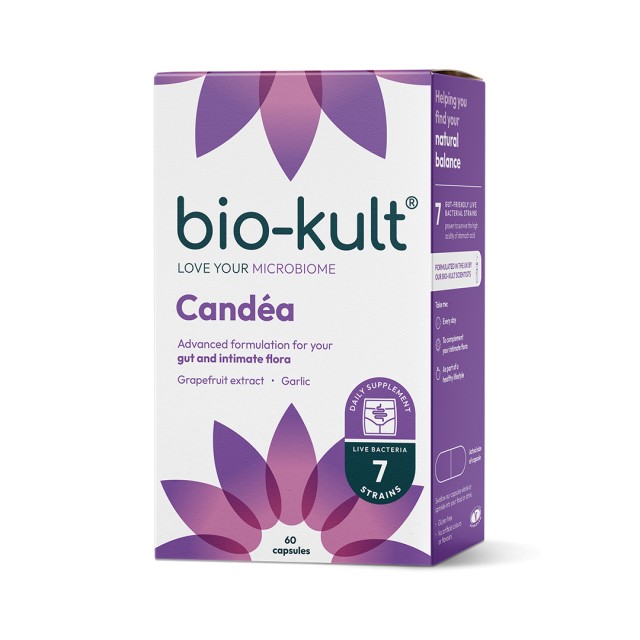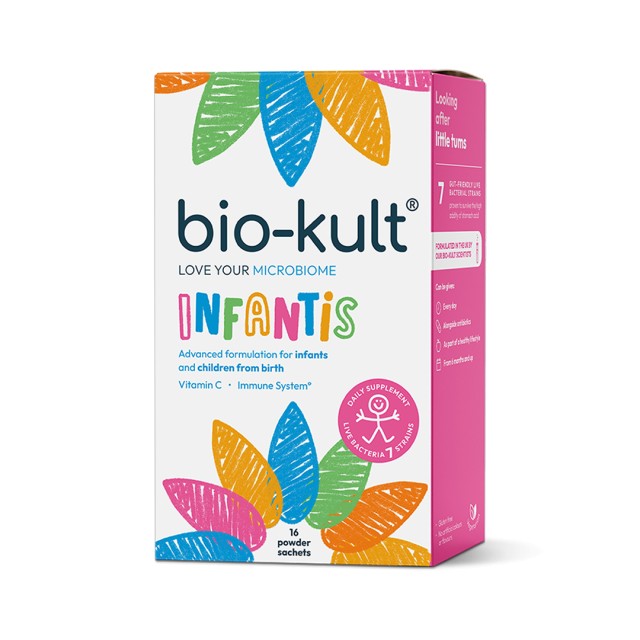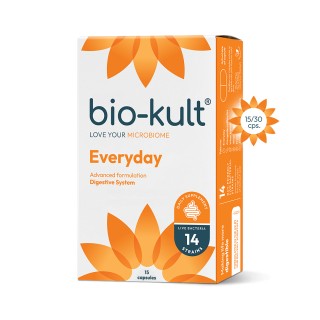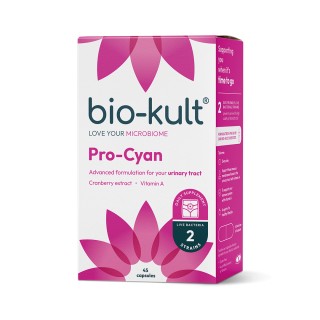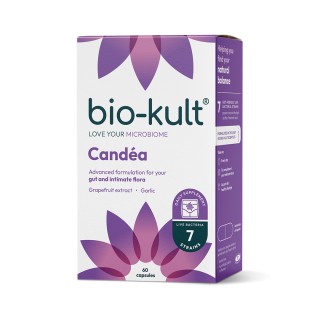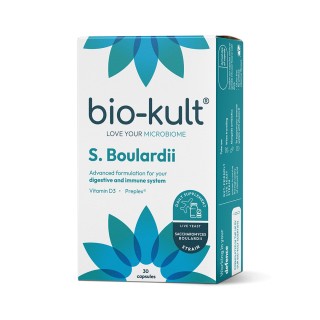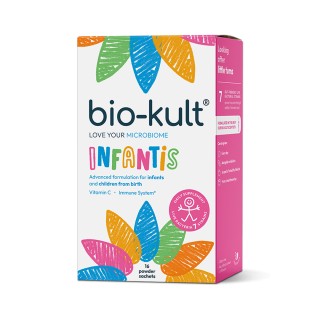Food sources rich in Lactobacillus delbrueckii ssp. bulgaricus
Yogurt is a popular fermented milk product containing both Lactobacillus bulgaricus and Streptococcus thermophilus cultures. Most yogurts contain several nutrients such as calcium, vitamin D and potassium.
Lactobacillus delbrueckii subsp. bulgaricus is commonly used alongside Streptococcus thermophilus as a starter for making yogurt. The two species work in synergy, with L. d. bulgaricus producing amino acids from milk proteins, which are then used by S. thermophilus.
Bio-Kult products containing Lactobacillus delbrueckii ssp. bulgaricus
Did you know?
Administration of friendly strains of bacteria is associated with a reduced risk of antibiotic-associated diarrhea (AAD) by 42%.
with
Information source:
Probiotics for the prevention and treatment of antibiotic-associated diarrhea: a systematic review and meta-analysis. Hempel S et al. JAMA 2012;307:1959–69. Probiotics for the prevention of Clostridium difficile-associated diarrhea in adults and children. Goldenberg JZ et al. Cochrane database Syst Rev 2013;5:CD006095.
About 20% of women normally have Candida (a type of fungus) in the vagina without having any symptoms.
having Candida
symptoms
Information source:
Vulvovaginal candidosis. Jack D Sobel. Lancet 2007;369:1961-71. (DOI: 10.1016/S0140-6736(07)60917-9)
Get active and rip the benefits
Exercising regularly brings a whole heap of benefits both short and long term to every aspect of your health. Improved cardiovascular fitness1 reduced blood pressure2 increased muscle strength and endurance3 increased bone density4 increased lung capacity5 improved metabolism6 increased energy levels7 to list a few, and it doesn’t stop at physical benefits.
